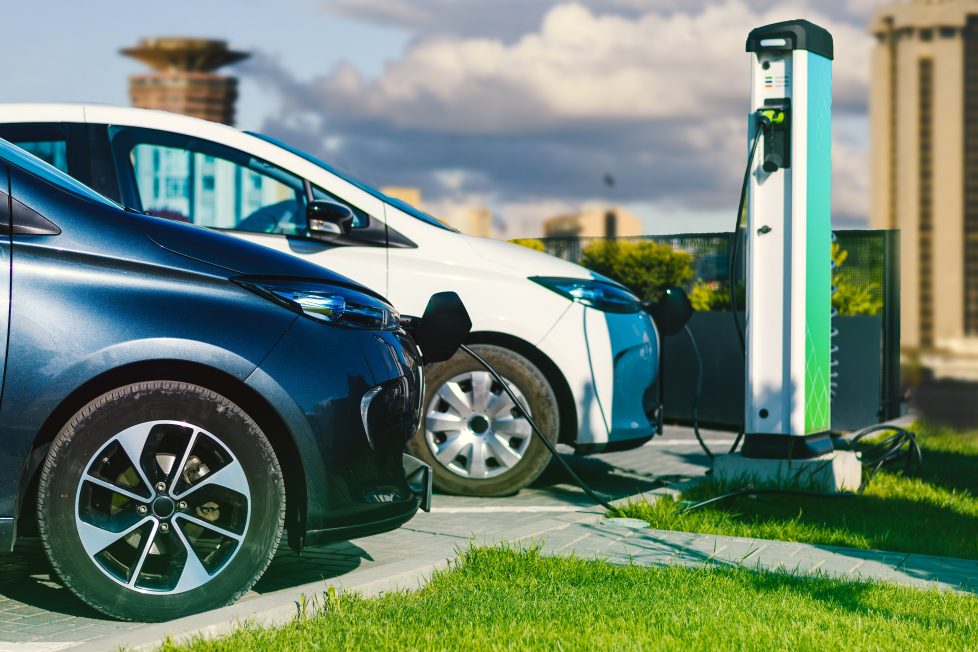New e-mobility policies are pushing EV fleet expansions in Africa
African countries are welcoming a new era of more progressive EV adoption policies in a bid to increase the number of EVs on their roads.

African countries are welcoming a new era of more progressive EV adoption policies in a bid to increase the number of EVs on their roads.

Bonface Orucho, bird story agency
African countries are welcoming a new era of more robust e-mobility policies as countries seek to scale their electric vehicle (EV) fleets after successful tests and pilots.
According to Lusanda Madikizela, the head of Zero Emission Transport at C40 Cities in South Africa, better policies provide confidence for investors, manufacturers and operators.
“Manufacturers need policy certainty so they can adjust specifications… financiers want policy certainty and the right type of incentives for the sector for investment and planning,” she highlighted.
In Kenya, for instance, new policies have made a big difference. Between July and December 2023, Kenya’s Energy and Petroleum Regulatory Authority (EPRA) reports a whopping 2,694 new EVs hit the roads. This surge boosted the nation’s EV count to an impressive 3,753 vehicles.
“The increase in registered EVs may be attributed to government initiatives such as the introduction of e-mobility tariff, reduction of excise duty on EVs from 20% to 10% and exemption of fully electric cars from Value Added Tax,” the EPRA report explains.
One of these policies, a special tariff for EVs, was introduced in April 2023, allowing operators of electric mobility to enjoy lower tariffs compared to the general residential, commercial, and industrial tariffs.
In September, another policy document, the Electric Vehicle Charging and Battery Swapping Infrastructure Guidelines, was put into effect, addressing the challenge of charging infrastructure.
The framework has been a vital guide for individuals, firms and institutions interested in installing, operating, and maintaining both public and private charging and battery swapping stations.
The quest to establish an even more conducive EV environment in the country continues with the recent unveiling of the country’s first e-mobility draft policy, which is expected to guide electric mobility on the road, rail, air and maritime.
The positive results of establishing a supportive EV policy are not limited to Kenya alone. In Tunisia, where the government in 2023 announced it had slashed customs duties on EV charging equipment to 10% and VAT by 7 %, there is an ongoing boom in EV uptake fueled by private companies.
Most recently, Japan-based Nissan announced plans to introduce its e-Power hybrid technology car in Tunisia as part of plans to test demand in the African market for EVs.
“Nissan’s e-Power technology system includes a petrol engine with a power generator, inverter, battery and an electric motor. “The electric motor delivers power directly to the wheels, using energy stored in the battery pack,” Nissan explains in a statement.
In South Africa, EV adoption rates are among the highest on the continent. This trend is growing even further, supported by recent supportive policies. Data from the National Association of Automobile Manufacturers of South Africa (NAAMSA) reveals that electric vehicle sales more than doubled in 2023 compared to the previous year. Additionally, sales of new-energy vehicles from 18 industry brands surged by 100.7% between the first and second quarters of 2023.
In December 2023, the government released a white paper on EVs, detailing a comprehensive roadmap for EV adoption in South Africa. Following this, in February, the Department of Trade, Industry and Competition (DTIC) allocated over US$52 million (R964 million) for the transition to electric vehicles, underscoring the policy’s significant impact on the sector.
Recognizing the ample conditions in the country, including a booming automotive manufacturing industry, more companies are introducing new EV products in the country. According to Naamsa, at least 8 new EV brands will debut in the South African market in 2024. These include: BYD Dolphin, JAC T9 electric bakkie, Lotus Eletre, Maserati Grecale Folgore, Mini Cooper SE, Mini Countryman SE, and Volvo’s EX30 and EX90.
Similarly, in Rwanda, after the unveiling of a range of tax breaks, including tax exemptions for electric cars, spare parts, batteries and charging station equipment from VAT, import and excise duties, EV companies are flocking to the country.
After Kenyan EV startup BasiGo launched operations in Rwanda in 2023, more companies are eyeing the fast growing economy, including CFAO Mobility, the world’s largest automotive manufacturer, which, in January, launched its popular BYD (Build Your Dreams) EV car in the country.
More countries, including Zimbabwe, Ivory Coast, and Egypt, among others, are in the process of creating or revising their e-mobility policies in a bid to create a pathway for an increased number of EVs on their roads.
bird story agency
Useful links:
https://www.epra.go.ke/downloads/
https://www.thedtic.gov.za/wp-content/uploads/EV-White-Paper.pdf
https://www.japantimes.co.jp/business/2024/03/27/companies/nissan-hybrid-car-tunisia/
https://naamsa.net/8-electric-vehicles-coming-to-south-africa-in-2024/


